#Open Network
Explore tagged Tumblr posts
Text
Pi is a new digital currency! Claim your 1 Pi now! Join me on minepi.com/kristinemaeb and use my username (kristinemaeb) as your invitation code. After you join, start your KYC to verify your identity and migrate to Pi Mainnet. It's easy and simple. This can enable you to receive the Pi cryptocurrency, start exploring the Pi ecosystem and help the network get closer to its Open Network period!
#pi#pinetwork#cryptocurrency#digital currency#mainnet#open network#legit#fyp#fypage#piblog#reviews#pireview#picrypto
0 notes
Text
DOGECOIN PRICE PRIDICTS FOR TODAY
DOGECOIN LATEST NEWS FOR TODAY
As of February 14, 2025, Dogecoin (DOGE) is trading at approximately $0.2824.
To know more click the link below
2 notes
·
View notes
Text
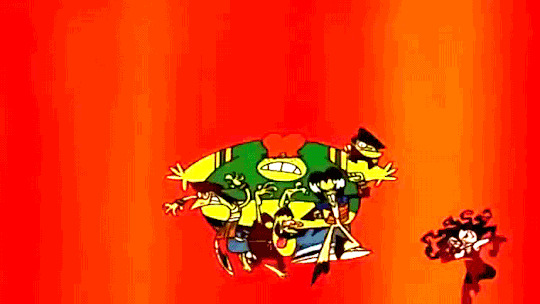

Powerpuff Villains in the Opening Credits
#The Powerpuff Girls#Powerpuff Girls#ppgedit#powerpuffgirlsedit#Him PPG#Sedusa#Mojo Jojo#Him#Him Powerpuff Girls#Hidusa#The Gangreen Gang#Fuzzy Lumpkins#The Amoeba Boys#My Gif#Cartoon Network#Ace Copular#Ace#Big Billy#Lil' Arturo#Snake#Grubber#Bossman#Slim#Junior#LGBT#lgbtedit#Villain Pride#Opening Credits#tvandfilm#ruinedchildhood
2K notes
·
View notes
Text
ONDC Enters Beta Phase: India's Open Network for Digital Commerce Expands Across Major Cities
Entering its Beta phase, the Open Network for Digital Commerce (ONDC) has been launched in Mumbai, Delhi NCR (including Noida, Gurugram, and Faridabad), Chennai, Hyderabad, and Kolkata. This move comes after successfully scaling seller densities in these cities. ONDC aims to create an open network that connects buyers and sellers across India, providing a platform for seamless digital…
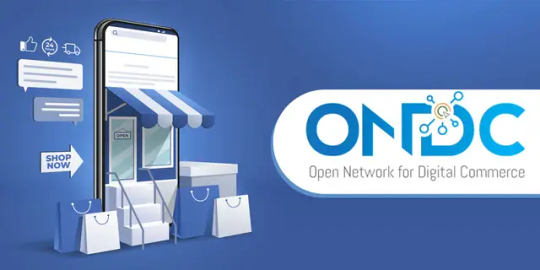
View On WordPress
0 notes
Text
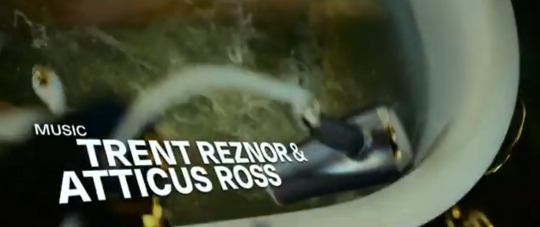

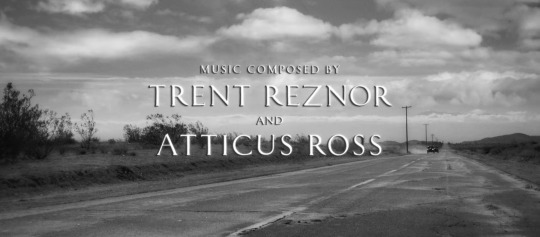
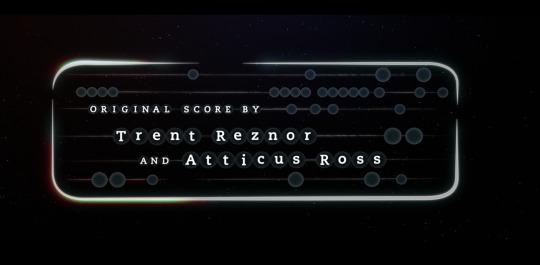
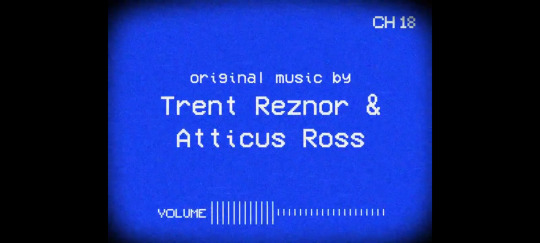
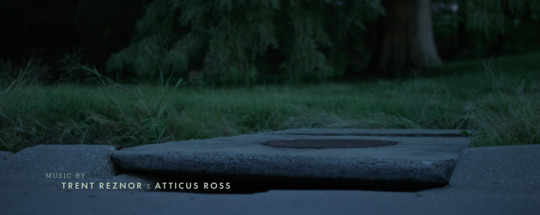
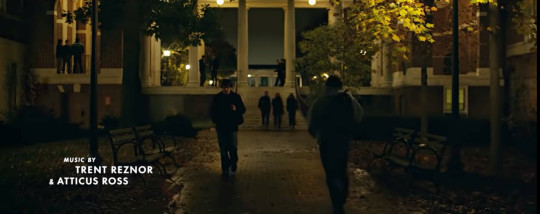

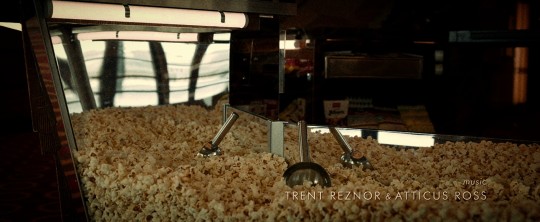
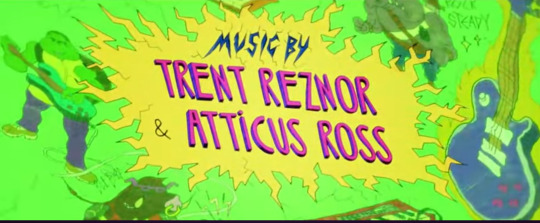
Music By Trent Reznor and Atticus Ross
#trent reznor#atticus ross#nine inch nails#nin#the killer#the girl with the dragon tattoo#mank#soul#mid90s#gone girl#the social network#waves#empire of light#teenage mutant ninja turtles#mutant mayhem#david fincher#film scores#film composer#opening credits#trent reznor and atticus ross
2K notes
·
View notes
Text
one of the last barriers keeping jester from sending ludinus da'leth the most threatening four part save the date to her wedding has finally been removed. only the cage surrounding the moon still protects him.
#critical role#critical role spoilers#'hey beau and caleb say you're uhhhh busy taking over the moon people which is BAD and you should feel bad and honestly i don't'#'i don't know if your energy is matching our party plans right now but you DID send a really cool fruit basket to my gallery'#'opening AND you hired the shipping company a bunch and fjord is trying to figure out this networking thing so anyways if you're still'#'a super important guy by like... late spring? you can come to the reception at the lavish chateau. ask caleb for our registry. byeeee!'
763 notes
·
View notes
Text
I kept being asked about NetNavi counterparts, I had to do it at SOME point.
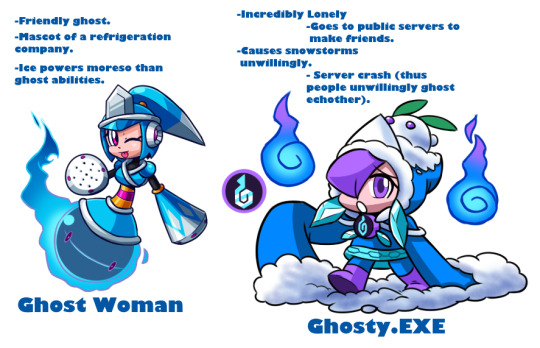
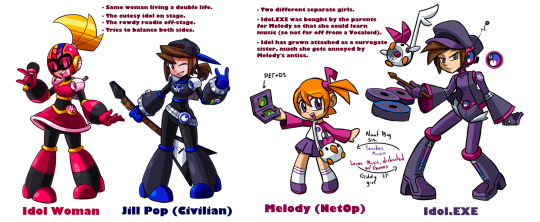
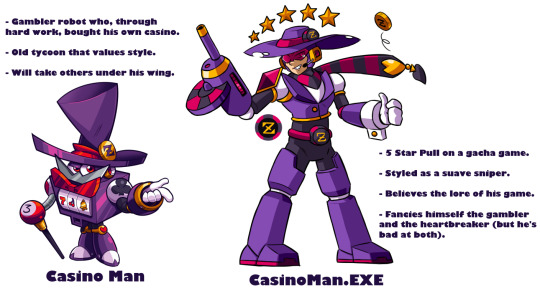
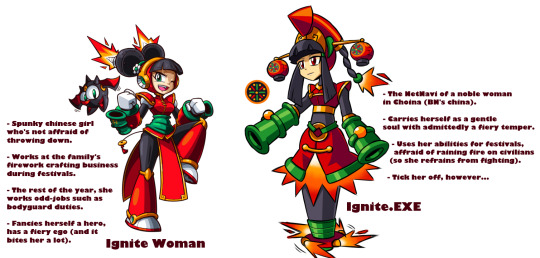
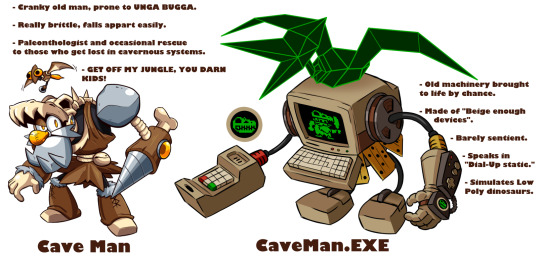
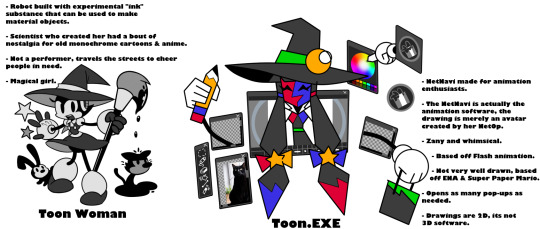

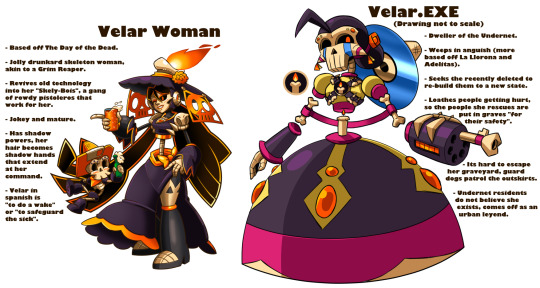
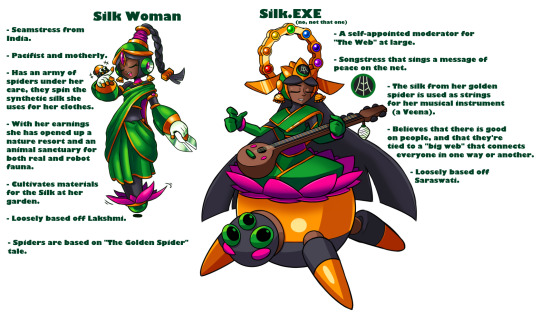

84 notes
·
View notes
Text
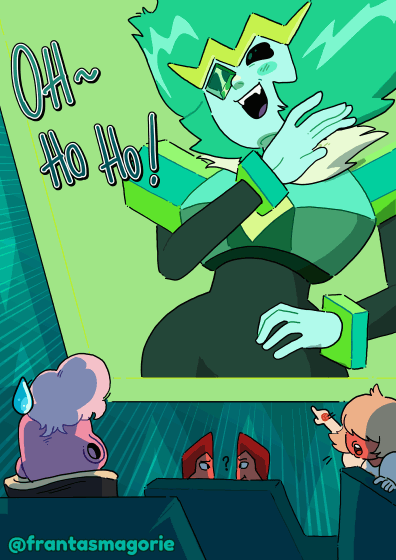
May 20th 2025
Another small animation for that months VGen Challenge! May's theme was "Emerald" Surprisingly, I drew this before I heard there was going to be a Lars spin off ¯\_(ツ)_/¯
Commissions are open @ VGen!
#myart#art#artists on tumblr#fanart#steven universe#su fanart#lars barriga#emerald su#lars of the stars#cartoon#cartoon network#small artist#vgen#vgen open#misdibujines
49 notes
·
View notes
Text
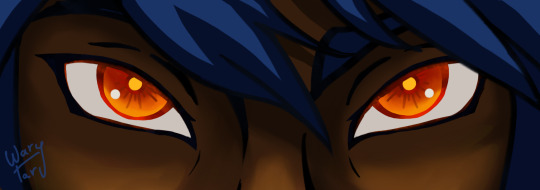

A Crystal Mage's Eyes

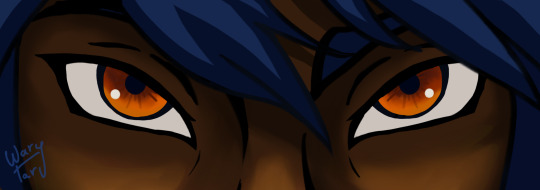
I like to believe that they'd glow just like a crystal
#wary taru#my art#storm hawks#master cyclonis#storm hawks fanart#cyper#storm hawks piper#crystal mage#crystal magic#eye art#digital artist#digital art#artist on tumblr#art commissions#open commissions#cartoon series#old cartoons#canadian cartoons#cartoon network
57 notes
·
View notes
Text
So i was talking to my friends about how sad it is that art and media is seen as content these days, and not as art. mostly just to consume adn then scroll past, and i was thinking hey wouldn't it be cool if people had their own little websites? people used to do this but now everything is done on big platforms. and i had this cool idea of a website that hosts little websites that you can customize and instead of having a feed, you'd share websites YOU like on your own website so people look around!!!!
and then my friend told me THIS ACTUALLY EXCISTS
ITS CALLED NEOCITIES
ITS A FREE WEBSITE, ITS OPEN SOURCE, NO ADS BECAUSE ITS 100% DONATION FUNDED AND ITS BEAUTIFULL

ITS ALL I EVER WANTED, its a perfect space to set up all you're creative endevours and art! to make galleries or to just have your own website!!!
but some people do INSANELY cool things on here!! like
They made a beautifull and unique website thats fun to explore! just messing around clicking on stuff brings you to unique and interesting places!!!!

it is perfection, look at how interesting it is!!!!! there is even more that i couldnt fit into 1 screenshot.
compare this to the boring websites you scroll on daily, wouldnt you much rather find and explore websites like these? i feel it would be much more rewarding to "explore" artists, then to scroll past them. you genuinely have to DO something to enjoy it and thats amazing.
the only thing that is holding Neocities back is the fact you have to know a bit of html and css to make a website BUT THATS SUPER EASY TO LEARN!!!!
SO GO NOW, MAKE YOUR OWN CUTE AND COOL AND INTERESTING WEBSITE PLEASE, LETS GO BACK TO A TIME WHERE WEBSITES LOOKED COOL AND INTERESTING
ALSO FOLLOW MY WEBSITE I ONLY JUST STARTED SO ITS SHIT BUT THATS THE BEAUTY OF IT
TO REPEAT ONE LAST TIME, A FREE, ADLESS, OPEN SOURCE, WEBSITE HOSTING PLATFORM, THAT LETS YOU MAKE AND HOST YOUR OWN WEBSITE FOR FREE, WITH A COOL AND UNIQUE COMMUNITY
#art#artwork#pixel art#pixel artist#digital art#artists on tumblr#neocities#old internet#old web#website#html css#code#coding#html#htmlcoding#open source#social media#social networks#digital artist#small artist
139 notes
·
View notes
Text
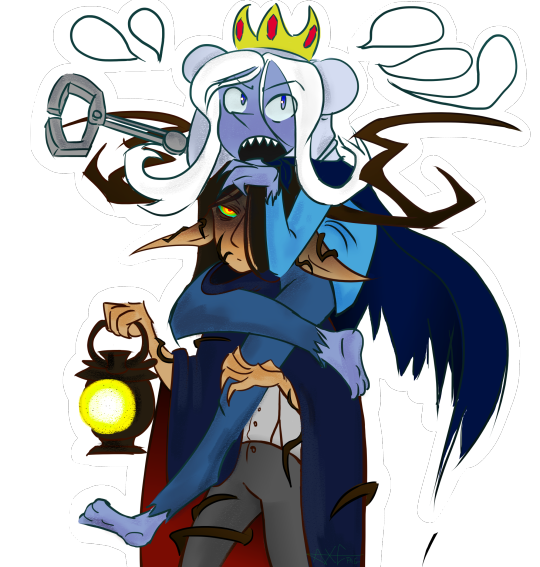
[Day 2] What do you think they’re talking about..?????
#beast wirt#over the garden wall#bad end friends#wirt#wirt otgw#adventure time#ice finn#ice prince finn#farmworld finn#at finn#Finn#finn the human#finn mertens#bef#bef wirt#beast!wirt#b!wirt#artists on tumblr#art#this is a few weeks/months old but I’ve kept this to myself for too long I really like how this came out#adventure time Finn#cartoon#cartoon network#insert more tags here idk#ask box open#please ignore the chunky claw fingers#I’ve not been studying hands at all#100
125 notes
·
View notes
Text

tulip and one-one (infinity train)
#infinity train#tulip infinity train#cartoon#cartoonist#digital art#character art#art commisions#artists on tumblr#artwork#fan art#my art#fanart#art#digital drawing#drawing#art commissions#commissions open#commission#art comms open#comms#digital illustration#illustration#illustrators on tumblr#paint tool sai#my draws#draws#drawings#art style#cartoon network#cute
55 notes
·
View notes
Text

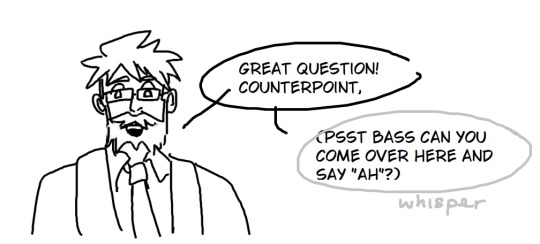

silly bass comic after a convo with a friend
#i was reading the manga and sending them screencaps and we both turned into bass apologists in the process lol#bass.exe#dr cossak#nt warrior#megaman battle network#text boxes added in ms paint cause i could not be arsed to open firealpaca. no text tool = rare sai L#my art
259 notes
·
View notes
Text

BEN 10 REDESIGN! :D
#ben 10#ben 10 fanart#cartoon art#cartoon network#fan art#open commissions#commisions open#furry commissions
263 notes
·
View notes
Text

“There is a light in the forest, there’s face in the trees..”
Over The Garden Wall commission for a friend. Had so much fun with this one since OTGW is one of my fave pieces of media ever. It combines so many of my favorite elements and I could ramble about its artistry forever.
COMMISSIONS ARE OPEN DM me for info!!
#over the garden wall#otgw fanart#otgw#otgw wirt#otgw greg#otgw beatrice#otgw beast#horror art#horror#children’s illustration#fanart#commissions open#commission#cartoon network#illustration#drawing#expressionism#folk tales#painting#ink drawing#pen and ink
148 notes
·
View notes
Text
Marceline

Hello my friends, I finished drawing MARCELINE THE VAMPIRE QUEEN!... and Finn has a sign with a subliminal message :b
#fanart#marceline the vampire queen#marceline#marceline abadeer#bonnibel bubblegum#adventure time fanart#princess bubblegum#adventure time fandom#adventure time simon#adventure time#finn and jake#finn mertens#finn the human#digital art#jake the dog#hora de aventura#adventure time marceline#marceline adventure time#ric50505#commisions open#art commisions#digital commisions#commission#open commissions#commissions open#art commission#digital ilustration#cartoon network fandom#cartoon network#marceline the vampire
52 notes
·
View notes